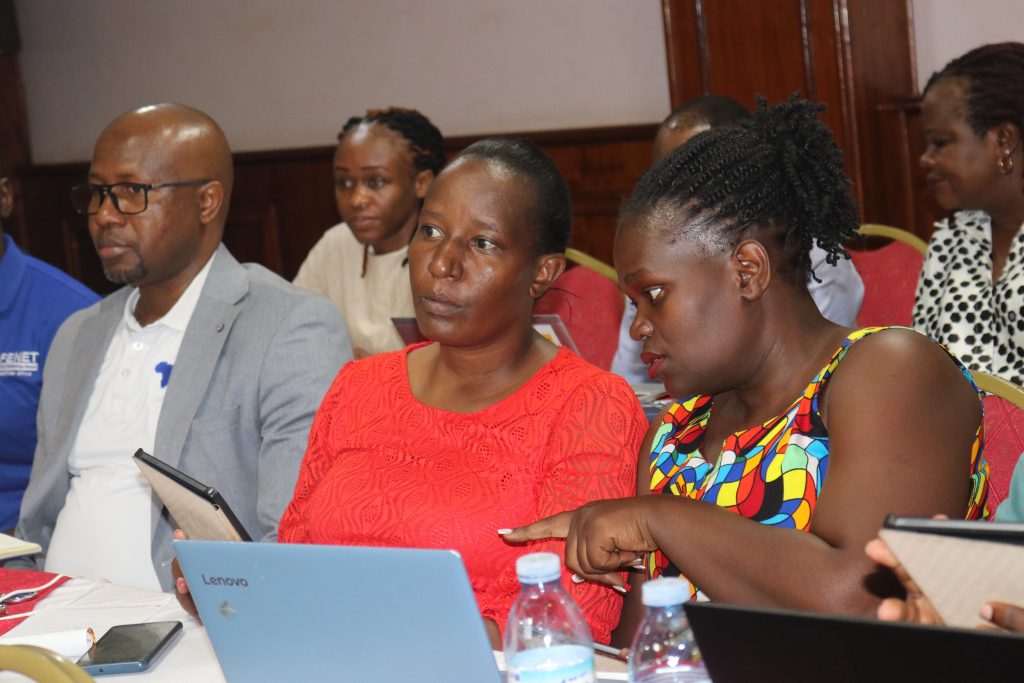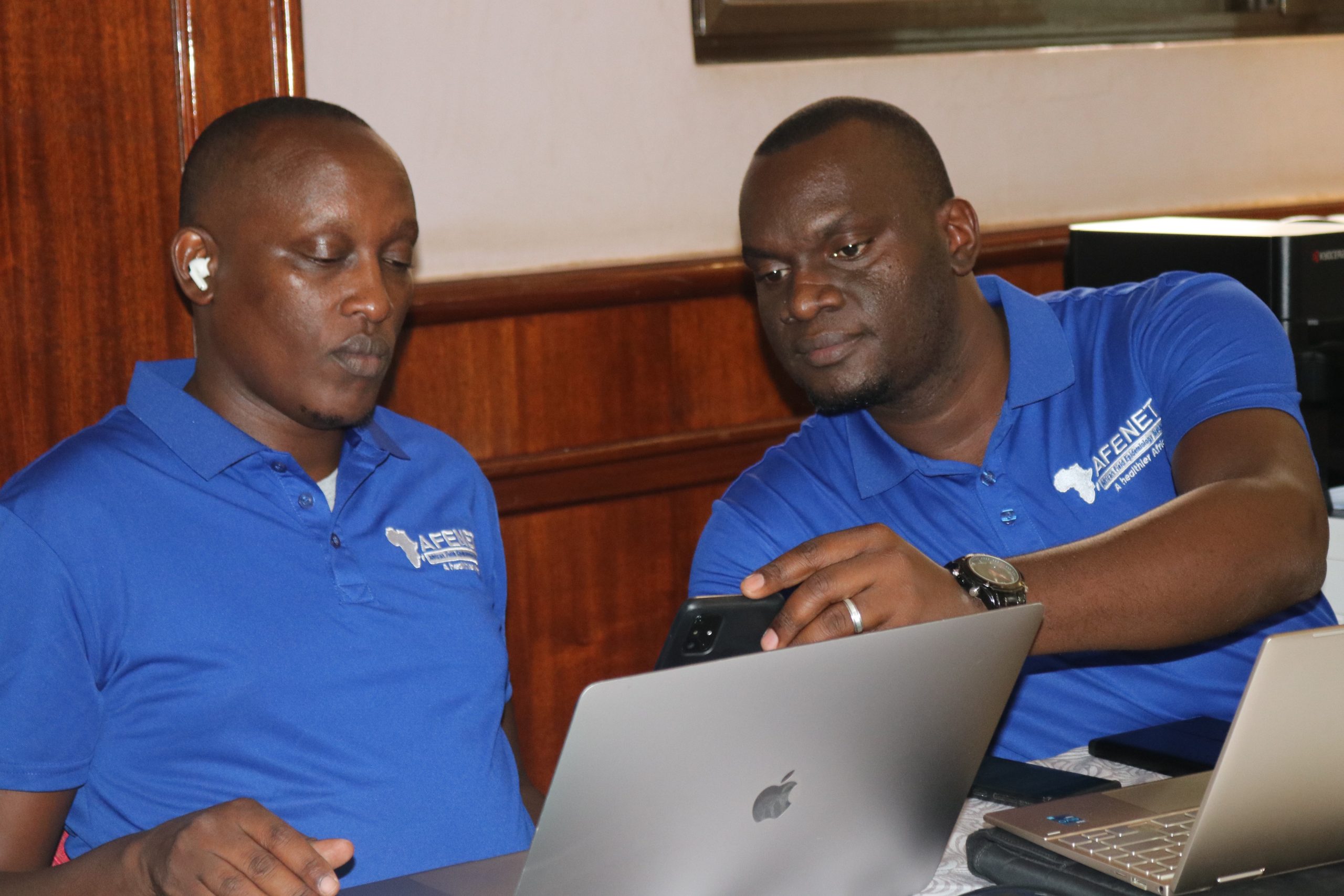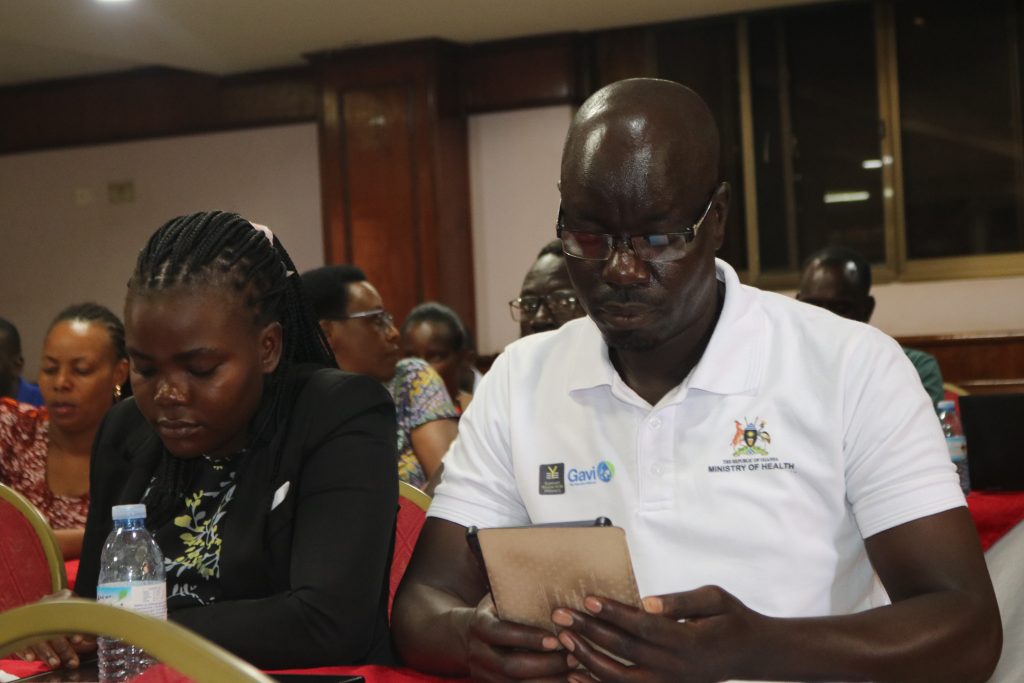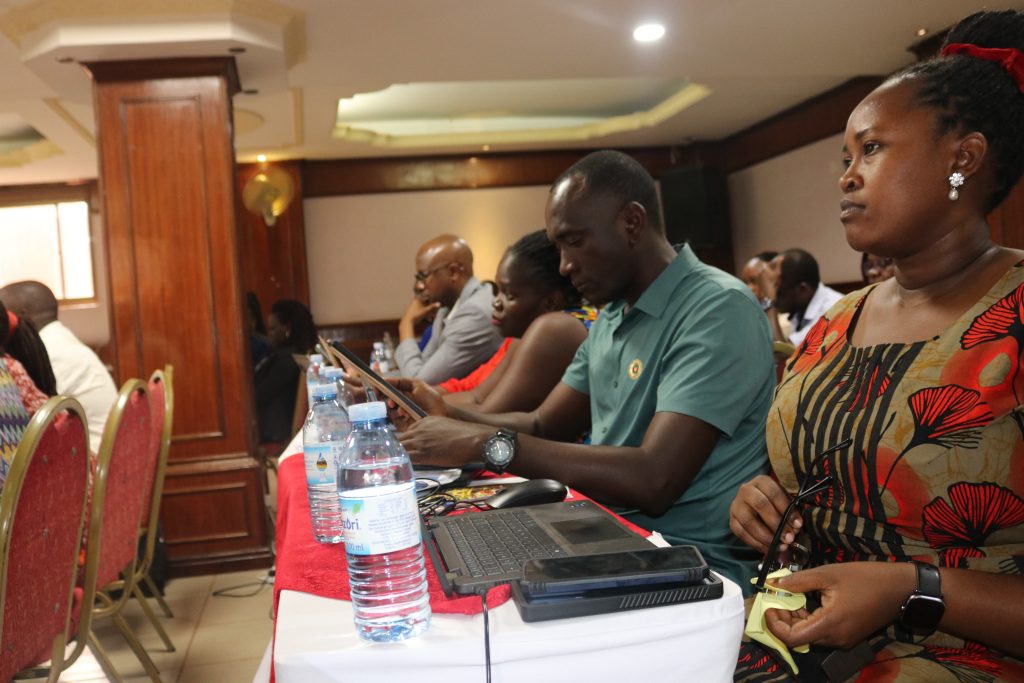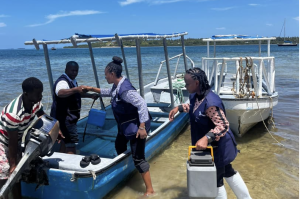Uganda Prepares: 40 Data Collectors Trained for the Evaluation of School Health Services
-
by
AFENET
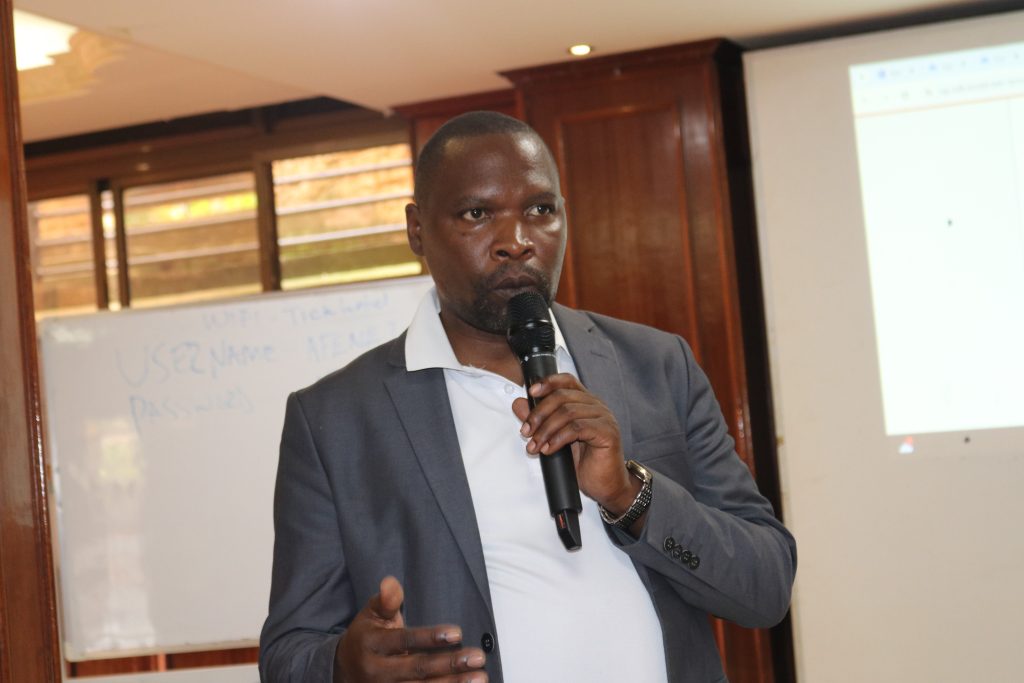
In a combined effort to strengthen the provision of health services in educational settings, the Uganda Ministry of Health in collaboration with the US Centres for Disease Control and Prevention (CDC) and the African Field Epidemiology Network (AFENET). The collaboration aims to evaluate the country’s education sector’s readiness to provide school health services.
This country-wide evaluation, scheduled to begin in April 2024, seeks to inquire into various aspects of school health services, including the extent of implementation, synergies between schools and health facilities, and the identification of facilitators and barriers. At its core, the initiative aims to develop evidence-based recommendations for integrating vaccination activities into educational settings. Furthermore, it aims to nurture stronger collaboration between the Ministry of Education and Sports and the Ministry of Health, with a specific focus on enhancing school-based vaccination screening and provision.
AFENET is spearheading the preparatory efforts by training over 40 data collectors and supervisors. These trained personnel will be deployed to different districts across Uganda to conduct the evaluation. The comprehensive data collection process will encompass desk reviews and surveys targeting key stakeholders involved in school health service activities.
At the national level, surveys will engage personnel from the Ministry of Health and the Ministry of Education and Sports. Sub-national surveys will be conducted in selected districts, health facilities, and schools. The district-level surveys will involve District Ministry of Health focal point persons, selected health facility staff and healthcare workers, school focal point persons, and parents/caregivers of school-going girls.
According to the Ministry of Health, 50% of Uganda’s population is under 15 years of age. The Universal Primary Education Programme has enabled 7 million children to attend school, which is over 30% of the entire population.
The assessment is poised to provide invaluable insights into the current state of school health services in Uganda and pave the way for targeted interventions to address identified gaps. With a collective commitment to improving the health and well-being of the nation’s youth, this initiative holds promise for a healthier future generation.
